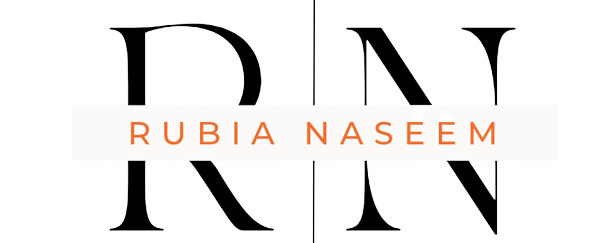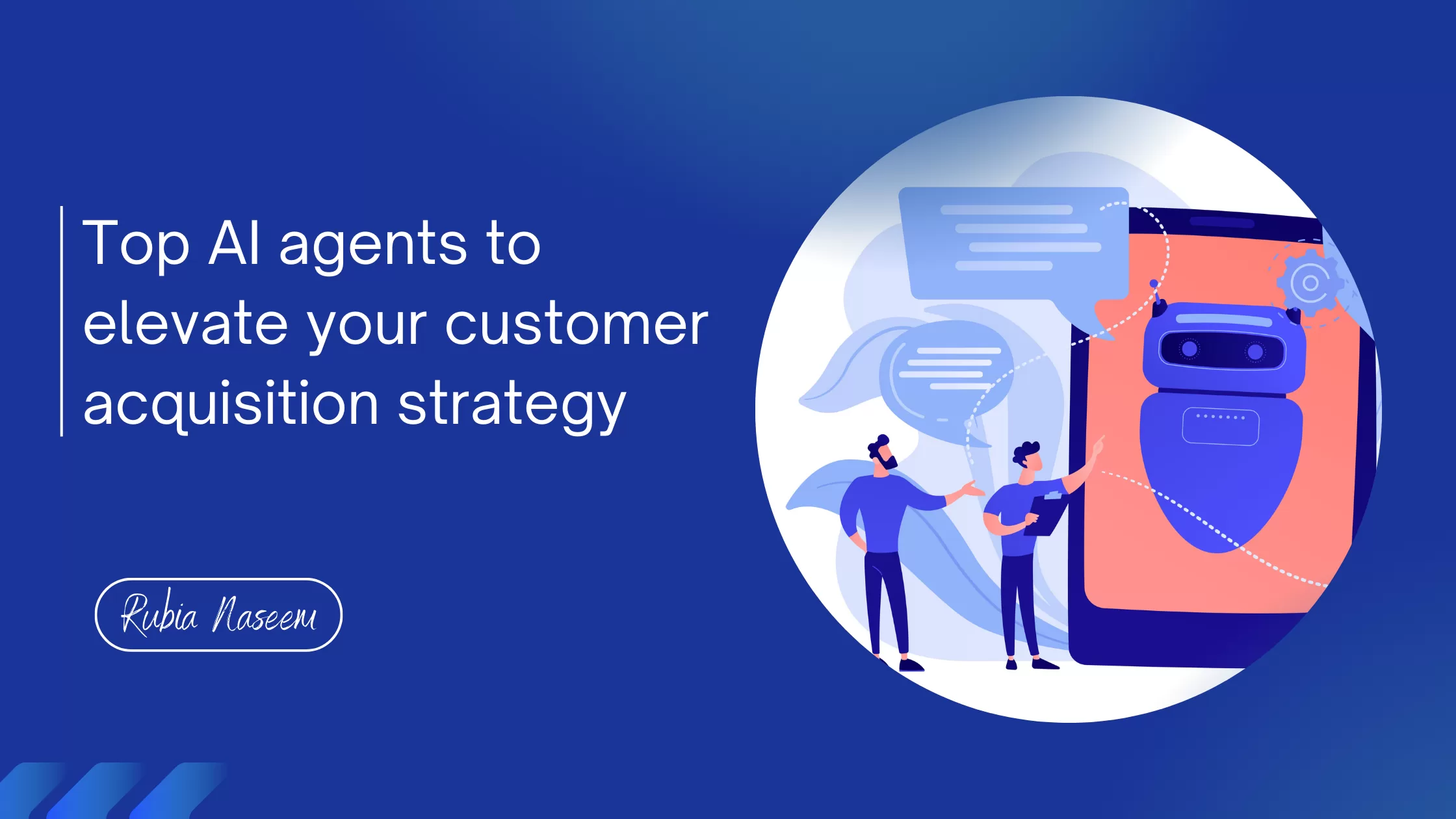Customer acquisition has always been one of the toughest challenges for businesses. Recent data shows that 60% of companies struggle to efficiently convert leads into customers, and acquisition costs have surged by nearly 50% over the past five years.
With businesses facing increasing competition and rising costs, the question is: How can AI agents help?
The AI revolution is already transforming customer acquisition strategies. From lead generation to conversion, AI-powered solutions are reshaping how businesses attract, engage, and convert customers.
In this blog, we’ll explore the challenges businesses face in acquiring customers and how AI agents are stepping in to bridge the gap.
Current challenges in customer acquisition
After analyzing insights from top CRM and marketing experts, here are the key challenges businesses face in their customer acquisition journey:
Evaluating marketing outcomes
Many businesses pour money into advertising but lack a centralized CRM system. This leads to scattered data and poor performance analysis, making it difficult to determine what’s working.
Tracking ad ROI
A common pitfall is investing heavily in Google and Facebook ads without an integrated system to track which platform delivers the best return on investment (ROI). Without data-driven insights, businesses struggle to allocate their budget effectively.
Data quality and integration issues
Marketing campaigns often run across multiple platforms—social media, search engines, and email—but without a unified CRM system, businesses lack a clear view of how each channel performs. This disconnect makes it hard to optimize marketing strategies.
Misalignment between marketing and sales
Poor communication between marketing and sales teams leads to weak lead transfers and missed conversion opportunities. If leads aren’t nurtured effectively, customer acquisition suffers.
Adapting to rapid technological changes
AI-driven tools are evolving quickly, and many businesses struggle to adopt and integrate the right technology for their acquisition strategies.
Given these challenges, a structured, data-driven approach is essential to improving customer acquisition. This is where AI agents step in.
How AI agents are transforming customer acquisition
The AI industry is growing at an unprecedented pace. Statista estimates the global AI market will reach $826 billion by 2030, up from $184 billion in 2024. Meanwhile, Salesforce reports that 90% of top companies already use AI to enhance customer interactions and retention.
AI-powered solutions are helping businesses boost their customer acquisition strategies in the following ways:
Intelligent lead generation and qualification
Conversica
Conversica’s AI assistants engage leads via email and SMS. These virtual assistants initiate conversations, qualify leads by asking targeted questions, and filter out low-quality prospects—ensuring that only the most promising leads reach human sales teams.
Botpress
Botpress provides a developer-friendly chatbot platform that integrates with CRM systems. It captures visitor data, asks qualification questions, and schedules appointments, making it a great asset for businesses looking to automate lead interactions.
📌 Use case: An e-commerce business deploys a Botpress chatbot to greet visitors, collect contact details, and direct qualified leads to the sales team—ensuring no potential customer slips through the cracks.
Automated lead scoring
AI-driven lead scoring helps businesses prioritize high-value prospects based on engagement and behavioral data.
Hubspot predictive lead scoring
HubSpot’s AI tool continuously refines models based on real-time data, assigning precise scores to leads and directing sales efforts accordingly.
Conversica lead scoring
Conversica’s AI assistant leverages historical interactions and behavior patterns to update lead scores dynamically, ensuring a more efficient acquisition process.
Personalized outreach and customer engagement
Gocustomer
GoCustomer’s AI-driven LinkedIn and Website Agents analyze public profiles and website content to generate hyper-personalized outreach messages.
Clay ai
Clay aggregates data from billions of sources to enrich lead information, helping businesses identify key decision-makers and craft targeted outreach messages.
📌 Use case: If an executive is researching digital transformation, Clay can alert sales reps to send a personalized message addressing that specific interest.
Automating routine tasks and follow-ups
Salesforce agentforce
Salesforce integrates AI agents into its CRM, automating tasks such as lead prequalification, scheduling, and follow-ups.
Regie.ai
Regie.ai automates outbound sales activities, from personalized email outreach to follow-up scheduling. AI-driven adjustments ensure that leads receive the right messages at the right time.
📌 Use case: When a potential customer requests information, Agentforce can instantly schedule a demo and send follow-up emails—ensuring seamless engagement.
Predictive analytics and real-time insights
Intercom Fin AI
Intercom’s AI-powered agent, Fin, analyzes customer queries, engagement patterns, and sentiment to help sales teams refine their strategies and predict high-conversion leads.
Voicespin AI
VoiceSpin AI analyzes customer calls in real time, detecting buyer sentiment and frequent objections. These insights allow sales teams to adjust their approach on the fly, improving conversion rates and reducing churn.
📌 Use case: If AI detects hesitation in a prospect’s voice, it can alert the sales rep to provide additional reassurance, increasing the likelihood of conversion.
Conclusion: AI-powered acquisition is the future
The landscape of customer acquisition is shifting rapidly, and AI agents are at the forefront of this transformation. By automating tasks, personalizing interactions, and providing real-time insights, AI solutions help businesses navigate acquisition challenges more effectively.
As competition intensifies, businesses that embrace AI will have a clear edge in attracting, engaging, and converting leads efficiently.
Are you ready to harness AI for your customer acquisition strategy? Stay tuned for the next edition, where we’ll explore five more powerful AI use cases for scaling acquisition efforts!
Thanks for reading!

